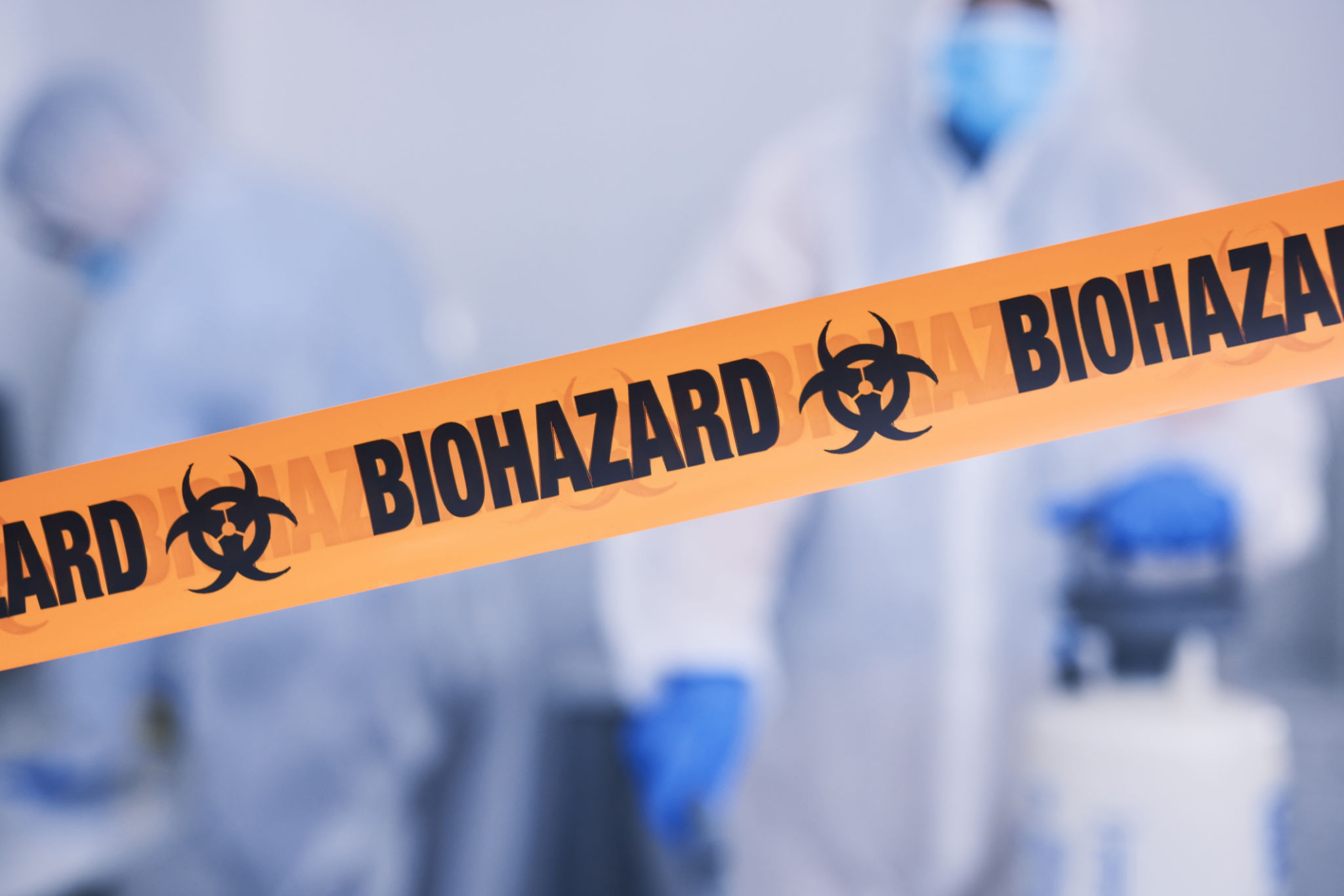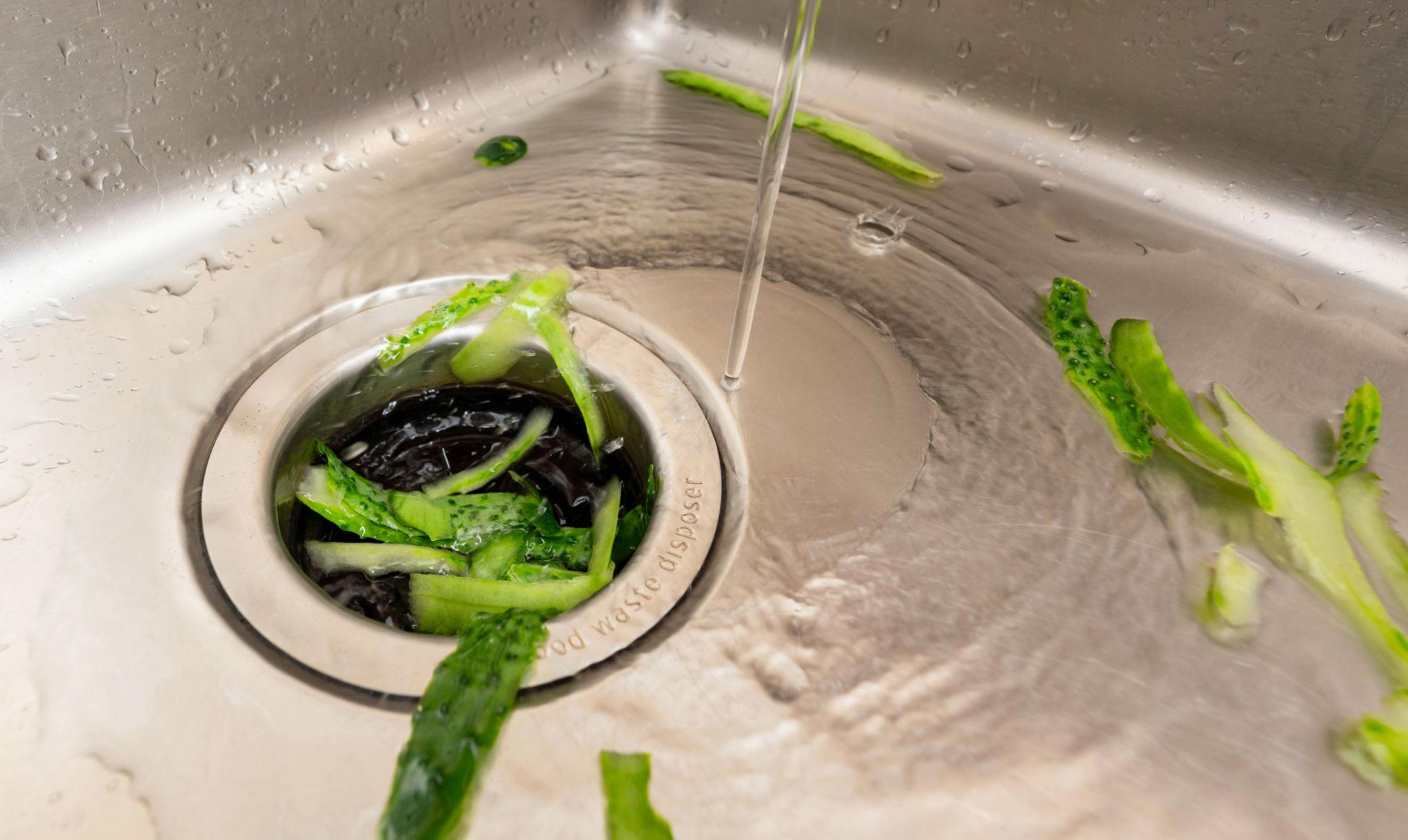Understanding Local Regulations for Biohazard Cleanup in Texas
Introduction to Biohazard Cleanup
Biohazard cleanup is a critical process that involves the removal and decontamination of biological hazards. These hazards can include blood, bodily fluids, and other potentially infectious materials. In Texas, businesses engaged in biohazard cleanup must adhere to specific local regulations to ensure public safety and environmental protection.
Understanding these regulations is essential for companies in the industry to operate legally and effectively. This blog post delves into the key aspects of local regulations governing biohazard cleanup in Texas, providing valuable insights for businesses and professionals in the field.

Licensing and Certification Requirements
In Texas, companies that perform biohazard cleanup must obtain the appropriate licensing and certifications. The Texas Department of State Health Services (DSHS) oversees these requirements, ensuring that all personnel involved in the cleanup process are adequately trained and certified.
Businesses must ensure that their employees have completed training programs that cover bloodborne pathogens, proper handling of infectious materials, and the use of personal protective equipment (PPE). Additionally, companies may need to secure permits if their activities involve the transportation or disposal of biohazardous waste.
Training Programs
Training programs for biohazard cleanup personnel are crucial for compliance with Texas regulations. These programs typically cover safe practices for handling and disposing of hazardous materials, as well as emergency response procedures. Companies should regularly update their training programs to reflect changes in local regulations and industry standards.

Waste Disposal Regulations
Proper disposal of biohazardous waste is a critical aspect of compliance with Texas regulations. The DSHS provides guidelines on how to package, label, and transport biohazardous waste to ensure it does not pose a threat to public health or the environment.
Businesses must partner with licensed medical waste disposal companies that are authorized to handle such materials. These companies are responsible for ensuring that waste is incinerated or treated in a manner that neutralizes any potential hazards. Adhering to these regulations helps prevent contamination and protects community health.

Compliance with OSHA Standards
The Occupational Safety and Health Administration (OSHA) sets forth standards that govern workplace safety, including those applicable to biohazard cleanup operations. In Texas, businesses must comply with OSHA’s Bloodborne Pathogens Standard, which outlines measures to protect workers from exposure to infectious materials.
Personal Protective Equipment (PPE)
The use of PPE is a critical component of compliance with OSHA standards. Employers must provide appropriate PPE to employees performing biohazard cleanup tasks. This includes gloves, gowns, masks, and face shields, among other protective gear. Proper training on the use and disposal of PPE is essential to prevent contamination.
Conclusion
Understanding and complying with local regulations for biohazard cleanup in Texas is essential for businesses operating in this sector. From licensing and certification to waste disposal and adherence to OSHA standards, each aspect plays a vital role in safeguarding public health and maintaining environmental integrity.
By staying informed about the latest regulatory requirements and ensuring their implementation, companies can not only avoid legal pitfalls but also contribute positively to community well-being and safety. As regulations evolve, ongoing education and adaptation will be key to success in the biohazard cleanup industry.
